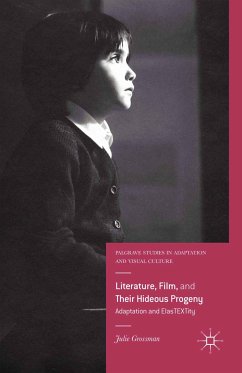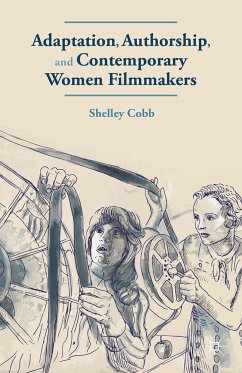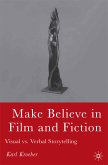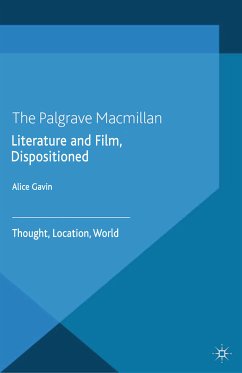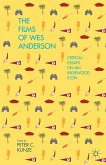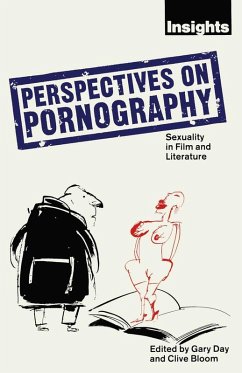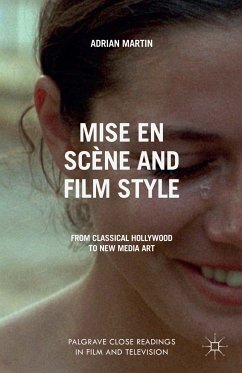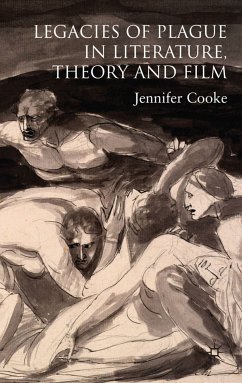Dieser Download kann aus rechtlichen Gründen nur mit Rechnungsadresse in A, B, BG, CY, CZ, D, DK, EW, E, FIN, F, GR, HR, H, IRL, I, LT, L, LR, M, NL, PL, P, R, S, SLO, SK ausgeliefert werden.
"In her provocative and energetic study, Julie Grossman employs the central metaphor of 'hideous progeny.' ... In every sense of the word, Grossman's is a 'vital' contribution to the field of adaptation studies. ... Like other excellent scholars in the field of adaptation studies, Grossman is creating a monster-and for those of us who teach and write about the process, this is thrilling stuff indeed." (Nancy M. West, South Atlantic Review (SAR), Vol. 81 (2), 2016)

